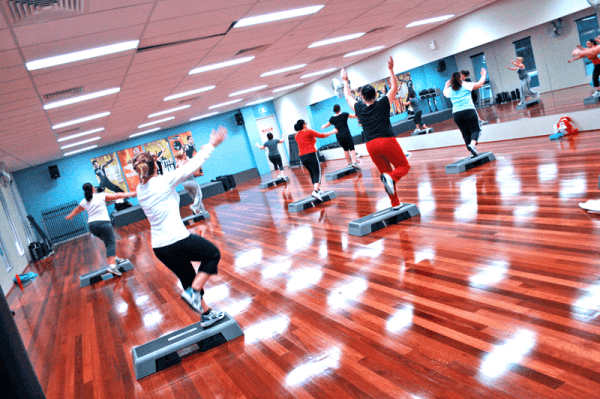We all know that exercise is great for us. It boosts our mood, increases muscle mass, builds our cardiorespiratory fitness, and the list goes on. But what about as a cancer treatment?
Published in Exercise and Disease: Prevention Through Training, Radak and his colleagues found that while there is accumulating evidence indicating that environmental factors like lifestyle and regular physical activity can significantly reduce the incidence of cancer (with prevention or retardation of tumor growth as high as 50% for some cancers), it is tough to pinpoint exactly what biological mechanism exercise works through to reduce cancer risk. Many scientists believe that the beneficial effects of exercise on cancer are connected through several pathways including hormonal, immune, energy, and mental systems. Some animal studies were analyzed, indicating that physical training decreased the incidence of carcinogenesis, and inhibited tumor growth. Aerobic exercise was also found to decrease the level of circulating sex hormones, such as testosterone, progesterone, and estradiol, high levels of which are all correlated with cancer. Also, in a rat study, exercise was shown to favorably modulate oncogenic proteins in tumors, and therefore retard their growth; however, further research is needed in the human population to confirm these findings.
Image Source: Thomas Barwick
Knols et al. conducted a review published in The Journal of Clinical Oncology that examined data from thirty-four published clinical trials. Throughout the studies, Knols’s team noted that various exercise modalities were used, differing in content (what they did), frequency (how often they performed it for), intensity (how difficult the task was), and duration (how long they did it for). Patients reported data on positive self-functioning and symptoms, psychological well-being, and overall health-related quality of life, and while the trials suggest that cancer patients may benefit from physical exercise both during and after treatment, the specific beneficial effects of physical exercise may vary as a function of the stage of the disease, the nature of the medical treatment, and the current lifestyle of the patient.
So, while it has been shown that exercise may have positive benefits both during treatment and after surviving cancer, more studies are needed to understand the mechanism behind these findings, as well as the best ways to approach physical activity during this time.
Featured Image Source: Step Group Fitness Class










